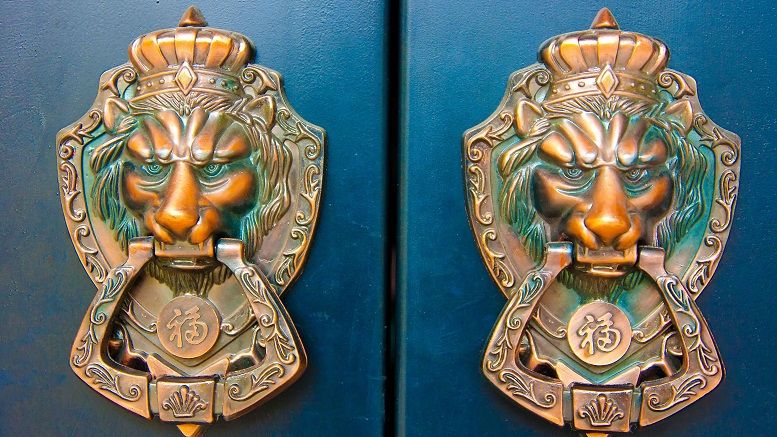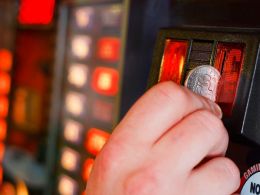
China's Bitcoin Exchanges Quietly Made Trading Policy Updates Overnight
China's major bitcoin exchanges halted, or otherwise updated, their lending-based bitcoin trading services today. First reported by China-based bitcoin traders and market observers this morning, BTCC, Huobi and OKCoin appear to have quietly adjusted their terms, though only BTCC had moved to issue a formal comment confirming the changes. Bobby Lee, CEO of BTCC, acknowledged that changes to the exchange's service were being made in response to interactions with the People's Bank of China, the country’s central bank, though he stopped short of saying that the service had been terminated or....
Related News
The decision by China's bitcoin exchanges to freeze withdrawals is impacting the country's over-the-counter (OTC) markets. As reported by CoinDesk last week, two of China's 'Big Three' bitcoin exchanges abruptly suspended bitcoin withdrawals in response to new pressures from the People's Bank of China, a move that was followed by similar, though less restrictive, policy updates from exchanges across the country. But while the price was not significantly impacted, traders are reporting that they have had to shift strategies, as they believe exchanges no longer act as a reliable price....
Sixty-five years ago, history tells us the great question of American foreign policy was: who lost China? In other words, who was responsible for the "avoidable catastrophe" that drove the Nationalists from the mainland and brought Mao Zedong to power? Today, the question should be: what will China lose, if it attempts to resist global upheavals in finance and technology, culminating in the popularity and acceptance of Bitcoin as the ultimate form of digital, peer-to-peer currency? The answer to that question will have a greater impact on the People's Bank of China (PBC) than its existing....
Popular bitcoin exchange BTC China (which by surprise happens to be the world's largest BTC exchange) is now requiring users to prove their identity when creating or utilizing a trading account, according to CoinDesk. The message provided to users upon logging in: "In response to a recent policy shift, BTC China now requires users to submit identification or a passport number. Existing users will need to provide this information upon login. We apologise for any inconvenience." Users outside of China are seemingly not affected by the policy change. Some who submitted passport numbers are....
The era of no-fee trading in China appears to be over. Following in the footsteps of China's 'Big Three' exchanges, smaller competitors BTC Trade, BTC100, CHBTC, Dahonghuo, Yuanbao and BitBays all moved to impose or increase trading fees yesterday in the wake of a meeting with the People's Bank of China, China's central bank. Both BTC Trade and CHBTC said that the fees would come into force on 13th February, whereas the other exchanges did not identify a starting date. Further, with the exception of BTC 100 and BitBays, the exchanges all moved to add 0.2% maker and taker fees. BitBays is....
The world’s largest bitcoin market saw a steep fall in trading volumes on the day in which exchanges began charging trading fees at a flat 0.2 percent from midday (Beijing time). In a 1-hour trading period after bitcoin exchanges introduced trading fees, trading volume at BTC China fell over 80%. Huobi and OkCoin, the two other exchanges that were investigated and saw discussions held with the People’s Bank of China saw declines of over 90 percent and 80 percent respectively. The drop in trading volume can be attributed to the lack of automated bitcoin trading, previously making up for a....





